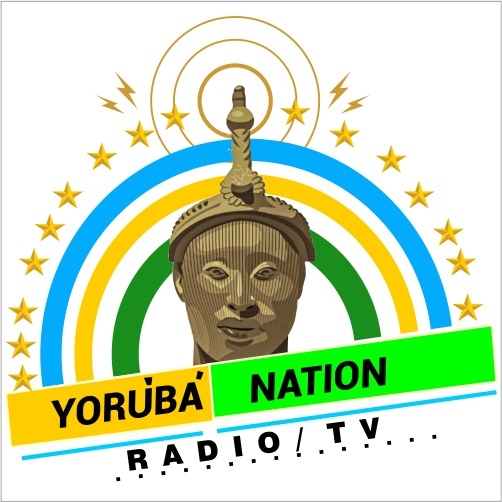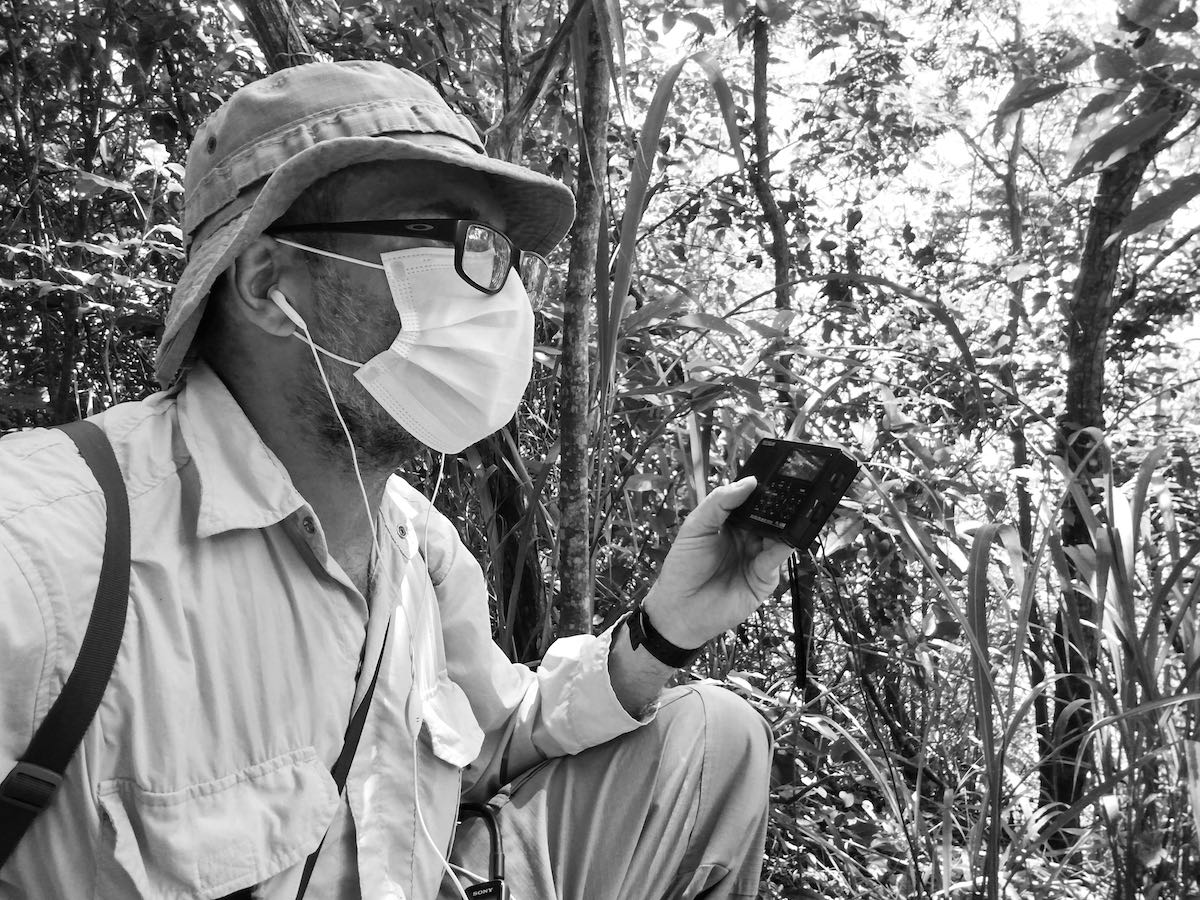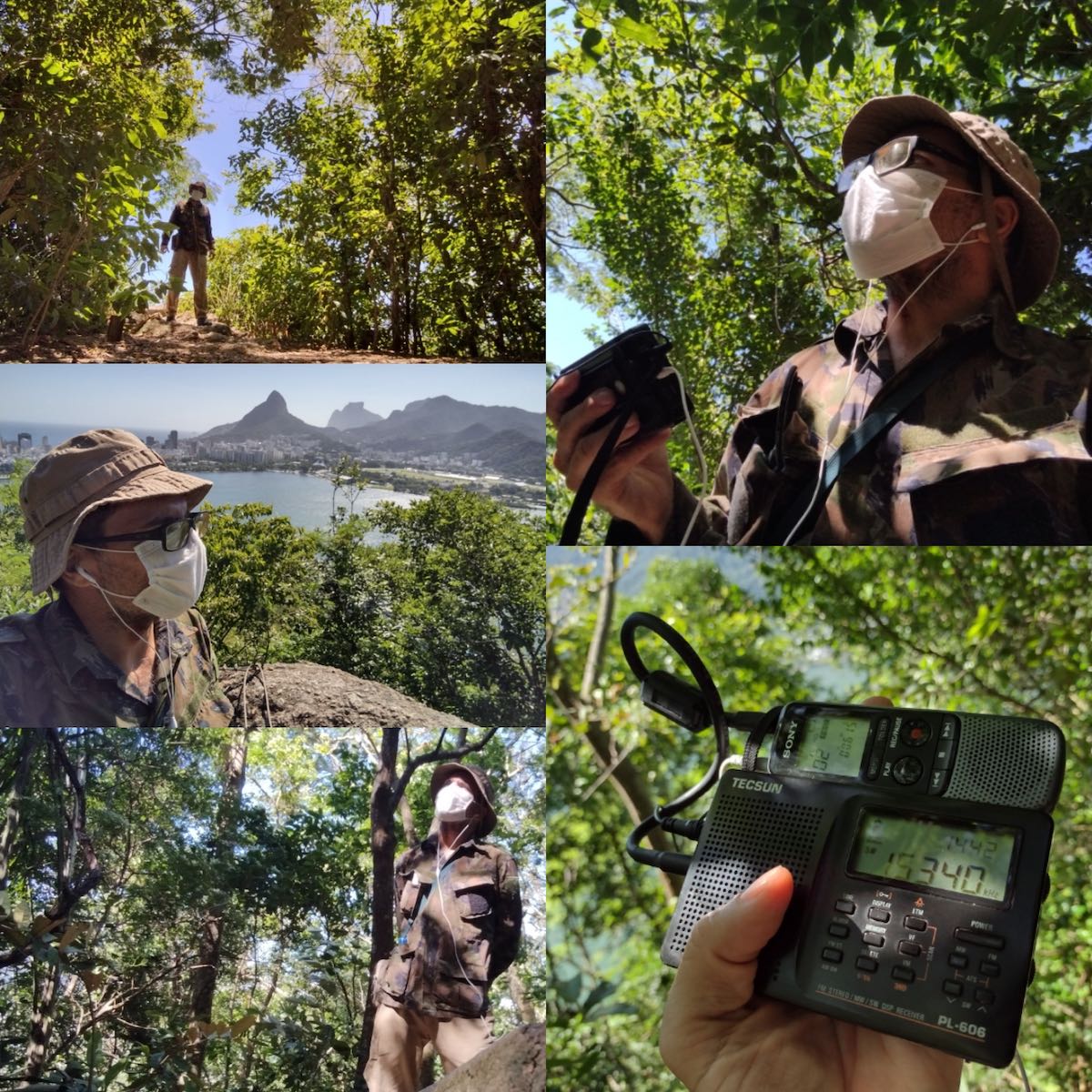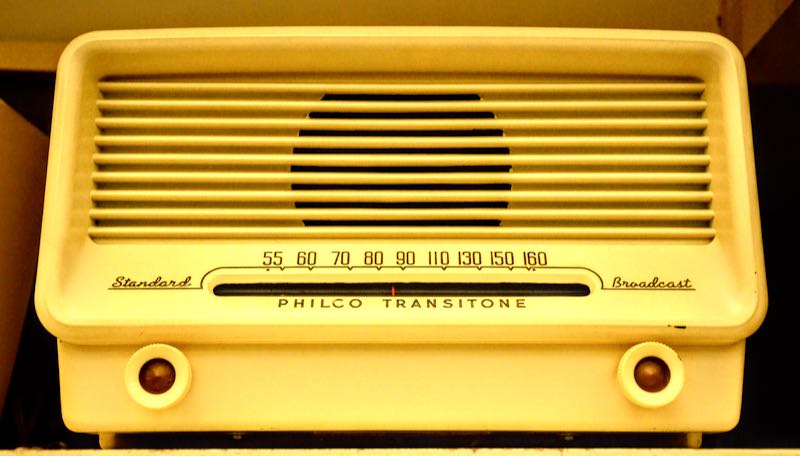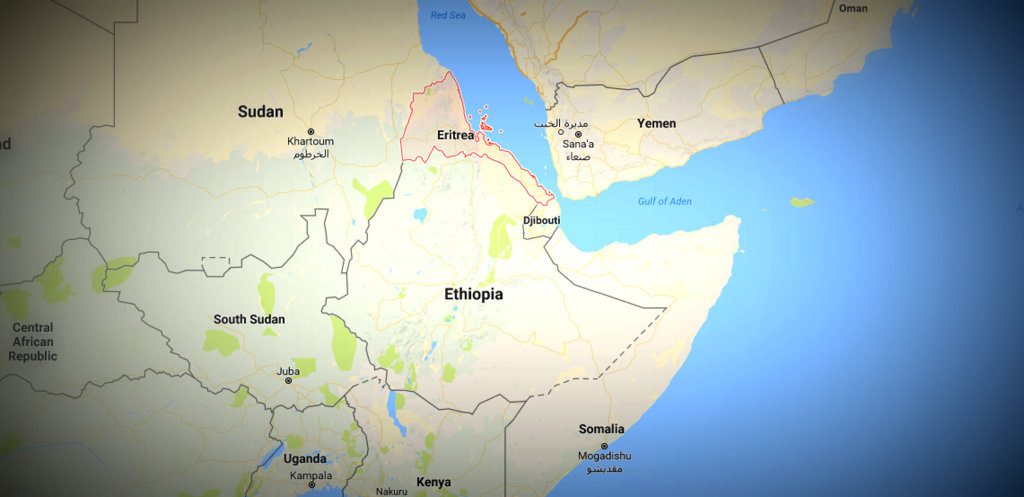
Hi everyone! Paul Walker here, some of you may know me through various hobby circles via email and Facebook groups. I used to post quite regularly when I lived in Galena Alaska back in 2016 and 2017. I’m back in Alaska again, working as the Program Director for KSKO 89.5 and it’s half a dozen or so repeaters in the interior.
Back on Monday May 10th at 0601UTC here in McGrath, Alaska I ran across an unknown station on 15220kHz. The man was talking in African accented English but would randomly start talking in another language, which I at the time thought may have been French but very well could’ve been Swahili or some other language spoken in Uganda, I’m not a language expert. (audio below)
The man was going on and on about Uganda, “our brothers, our struggle, the government”. The audio cut out a few times for several seconds a time, seemingly because this was a live broadcast being fed live over the internet from whatever studio location he was at to whatever transmitter site was being used.
Around 0623UTC, the host sounded like he put his phone up to the microphone and played a Ugandan song of some sort from his phone. After that was over, two studio quality songs played.. The Spice Girls “2 Become 1” and Gabriel Kelly’s “Faith”. Those songs sounded like they were being played out from the transmitter site, not from a computer over the internet. They were clear with no audio hiccups. The transmitter went off around 0629/0630UTC.
A friend I was chatting with as we tried to figure out what this was said he had a decent signal on a Kuwaiti SDR and based on some triangulation work using other SDR, it seemed this was coming from Europe, suggesting Nauen or Lampertheim.
The man reappeared on 15170kHz at 1500UTC on Friday May 14th. I haven’t even been able to try and figure out a schedule. Evenings one day and mornings the next. I pretty regularly scan the dials and have only noticed him these two times, with thanks to Mauno Ritola in the WRTH Facebook group for the spotting of him on 15170khz.
I do have audio of the 15220 broadcast at this link:
https://drive.google.com/file/d/1J54RGCb00mIAHQ96O86f31T0l0GH0wNG/view?usp=sharing
I would love to know who this is, what transmitter site they’re broadcasting from and any contact information. A google search using the phrase “Uganda Clandestine Shortwave” came up with one hit, Radio Lead Africa and someone in the ODXA email group suggested Radio Munansi.
For anyone wondering, I’m using a Tecsun PL880 with a 8D battery powered DXE PreAmp and 2 Doxytronics tunable loops.. The cross that supports the antenna is sitting a few inches into 5 foot tall 2 inch wide PVC pipe which is then put in a trash can and tote container and filled with sand. Gotta use what I have on hand here in rural Alaska.

